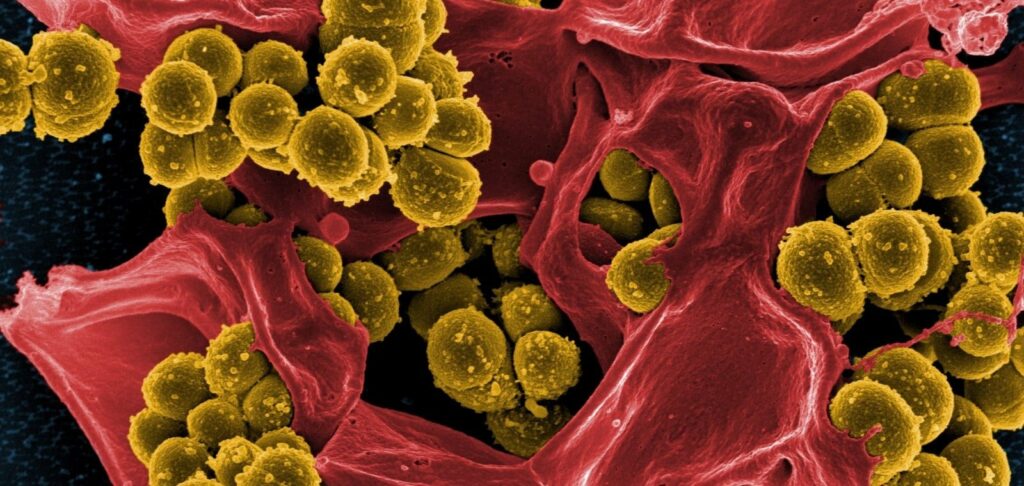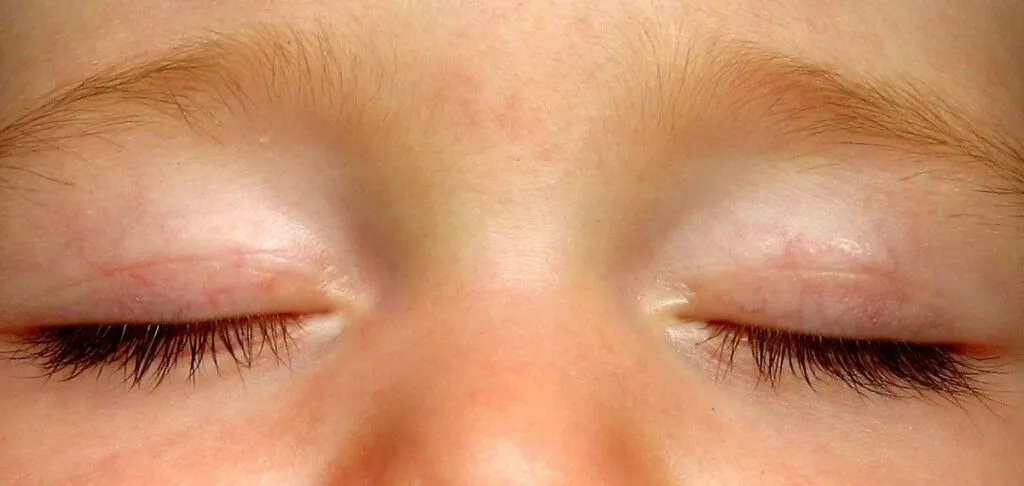
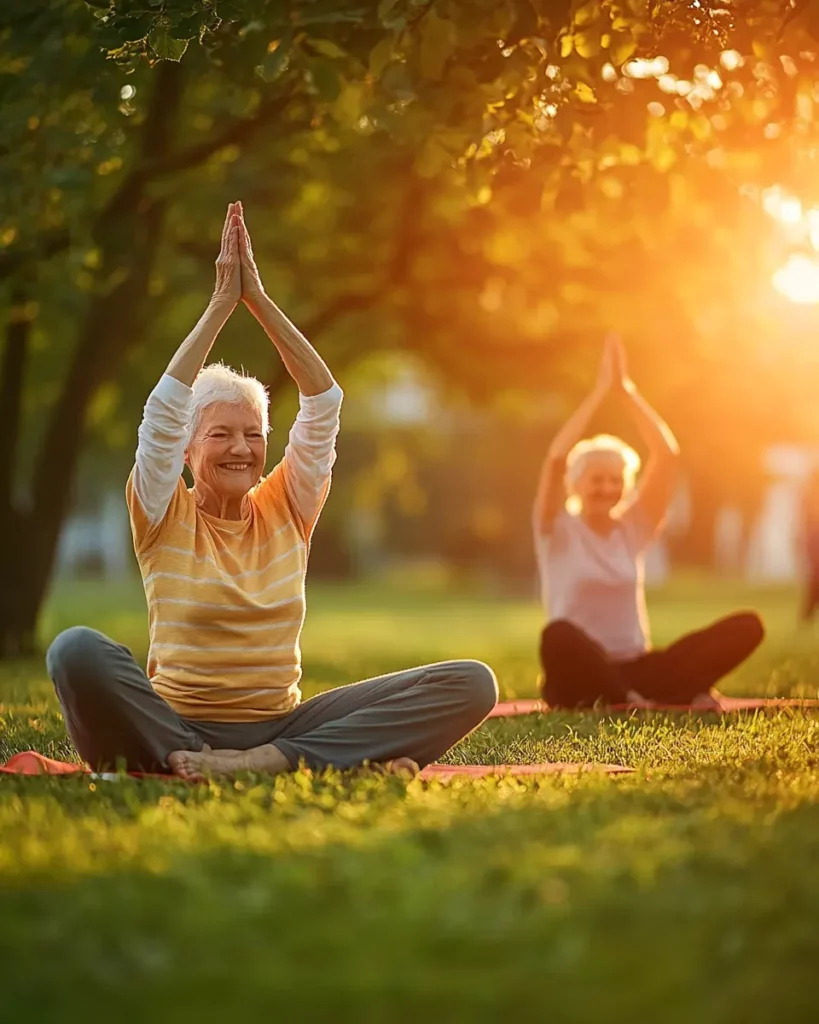
As life expectancy increases worldwide, the issue of healthy aging is becoming increasingly important.
According to the World Health Organization (WHO), the number of people over 60 will double to 2 billion by 2050 .

This raises the need for strategies to maintain activity and independence in old age.
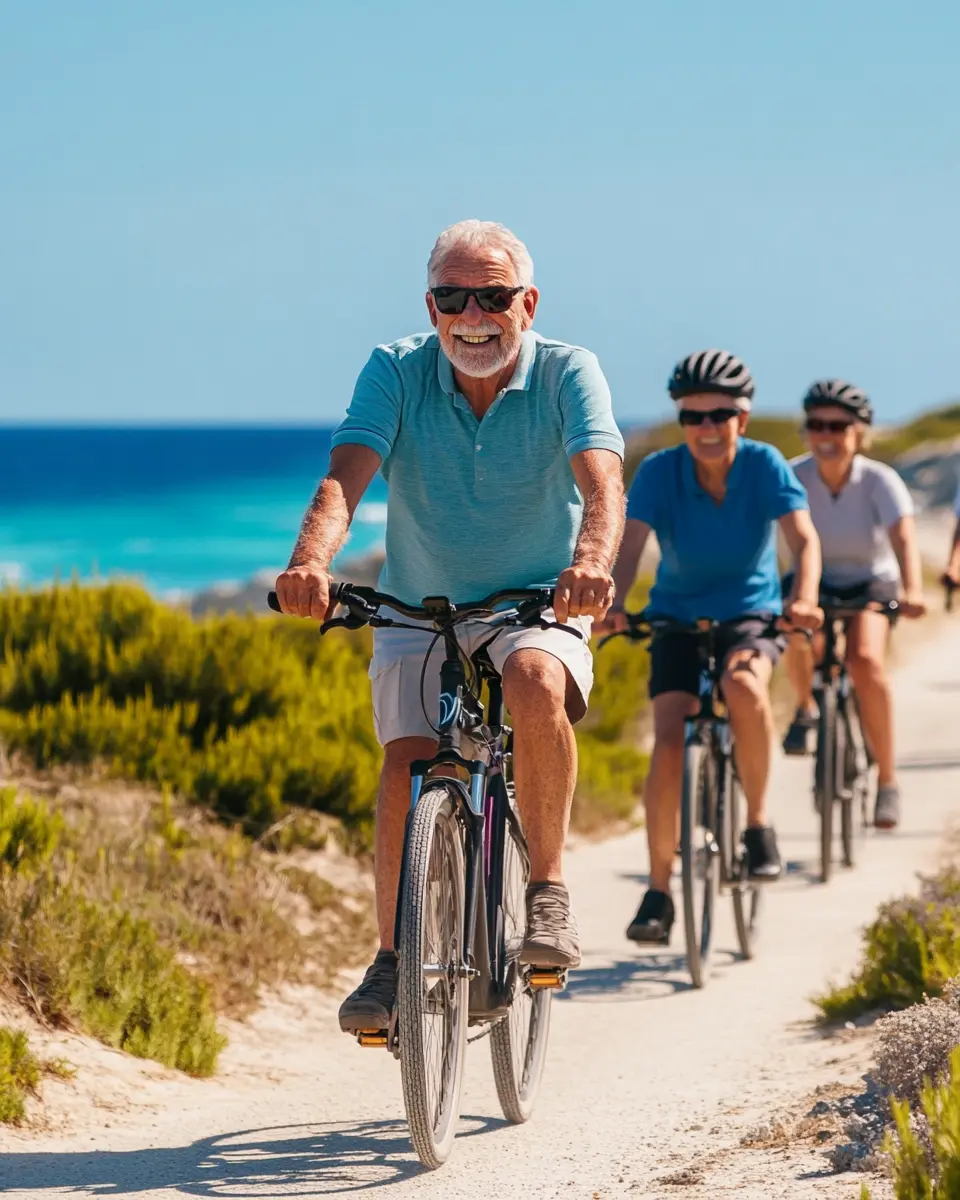
Physical activity
The value of physical activity
Physical activity is one of the key factors affecting quality of life in older age.
Regular exercise helps maintain muscle mass, flexibility and balance, reducing the risk of falls and related injuries.

Physical activity recommendations
WHO recommends a minimum of 150 minutes of moderate aerobic activity per week or 75 minutes of vigorous activity for older adults.
It is also recommended that you perform muscle strengthening exercises at least twice a week.
Table 1. WHO recommendations on physical activity for older people
| Type of activity | Recommendation |
|---|---|
| Aerobic moderate | 150 minutes a week |
| Aerobic Intensity | 75 minutes a week |
| Strengthening exercises | At least 2 times a week |
Research
A study published in The Lancet found that physical activity reduces the risk of developing chronic diseases by 30%.
Another study found that regular exercise improves cognitive function and reduces the risk of dementia.
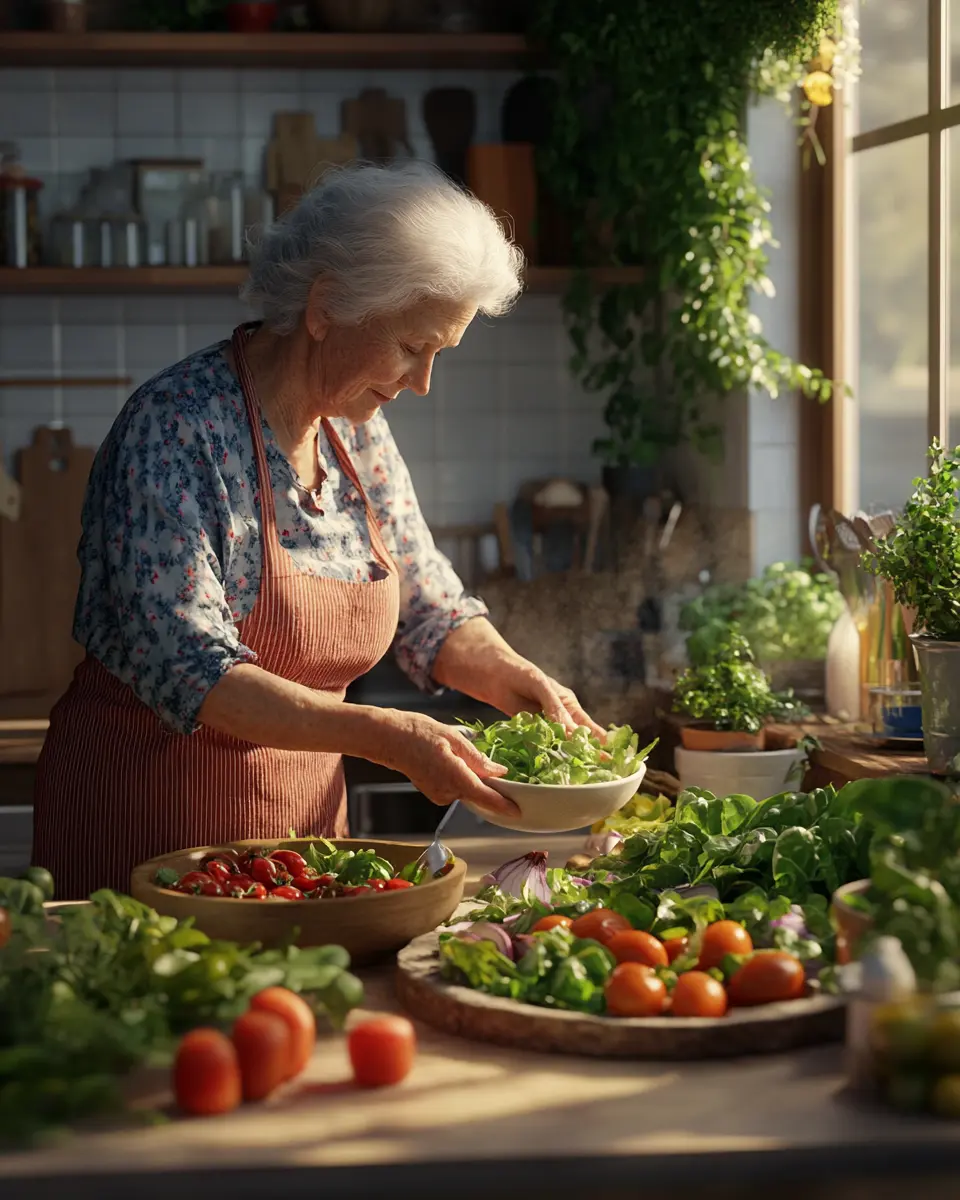
Nutrition
The importance of a balanced diet
With age, the body undergoes significant physiological changes that affect the need for nutrients and the way they are absorbed.

A slower metabolism means that the body requires fewer calories to maintain basic functions.
However, this does not mean that the need for nutrients decreases; on the contrary, some of them become even more important for maintaining health.
Reducing caloric needs
- Metabolic changes: A decrease in baseline metabolic levels leads to a decrease in energy requirements.
- Less physical activity: There is often a decrease in activity level, which further reduces energy requirements.

High nutrient requirements
- Nutrient absorption : As we age, the absorption efficiency of certain vitamins and minerals decreases, which can lead to deficiencies.
- Increased Requirement: The body may require more of certain nutrients to support immune system, bone and muscle function.
Table 2: Changes in nutrient requirements with age
| Nutrient | Change in need | Reason |
|---|---|---|
| Vitamin D | augmentation | Decreased synthesis in skin, a necessity for bones |
| Calcium | augmentation | Prevention of osteoporosis |
| Vitamin B12 | augmentation | Reduced absorption in the stomach |
| Protein | Increasing or maintaining | Maintaining muscle mass |
| Iron | May decrease (in post-menopausal women) | Reducing blood loss |
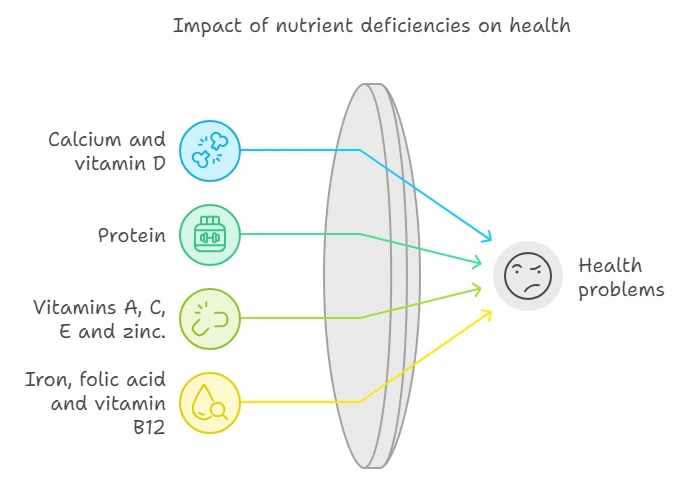
Consequences of nutrient deficiencies
- Osteoporosis and fractures: Calcium and vitamin D deficiencies can lead to decreased bone density.
- Muscle atrophy: Insufficient protein intake contributes to loss of muscle mass, which affects strength and balance.
- Immune Decline: Deficiencies in vitamins A, C, E and zinc can weaken the immune system.
- Anemia: Deficiencies of iron, folic acid and vitamin B12 can cause anemia accompanied by fatigue and weakness.

Recommendations for a balanced diet
- Increase intake of high density nutrients
- Fruits and vegetables: Rich in vitamins, minerals and antioxidants.
- Whole grain products: Contains dietary fiber that improves digestion.
- Non-fat dairy products: Source of calcium and vitamin D.
- Adequate protein intake
- Fish and seafood: Omega-3 fatty acids support cardiovascular health.
- Lean meats and poultry: Help maintain muscle mass.
- Legumes and nuts: Plant sources of protein and healthy fats.
- Ensuring hydration
- Regular water intake :The feeling of thirst may decrease with age.
- Avoiding excessive consumption of caffeine and alcohol: They can contribute to dehydration.
- Limiting salt and sugar intake
- Salt: Reduce the risk of hypertension.
- Sugar: Prevent the development of type 2 diabetes and obesity.
- Use of fortified foods and supplements
- Vitamin B12: It is recommended that elderly people consume fortified foods or supplements.
- Vitamin D and calcium: If necessary after consulting a doctor.
Expert opinion
Prof. Elena Petrošević, a specialist in gerontology, notes:
“Older adults often underestimate the importance of nutrition. However, the right diet can significantly improve quality of life, reduce the risk of chronic disease, and support cognitive function.”
Special recommendations
- Dietary fiber: Promotes normal intestinal function and prevents constipation. It is recommended to consume 21 to 30 grams of dietary fiber per day.
- Antioxidants: Vitamins C and E protect cells from oxidative stress associated with aging.
- Potassium: Helps control blood pressure; found in bananas, oranges and potatoes.
Practical tips
- Meal planning: Making a weekly menu will help to ensure a varied and balanced diet.
- Small but frequent meals: If appetite is low, eating small meals 5-6 times a day is recommended.
- Cooking: Use methods that preserve nutrients, such as steaming.
Research
- Effect of nutrition on cognitive function: A study published in The American Journal of Clinical Nutrition found that older adults with a high intake of antioxidants have better memory and cognitive abilities1.
- Nutrition and Longevity: Studies in longevity zones (Okinawa, Sardinia) show that a diet rich in plant foods and low in saturated fat promotes longevity2.
Table 3: Example of a daily diet for an elderly person
| Meal | Example dishes |
|---|---|
| Breakfast | Oatmeal with berries and nuts, green tea |
| Second breakfast | Cottage cheese with pieces of fruit |
| Lunch | Fish soup, fresh vegetable salad with olive oil |
| Afternoon snack | Whole grain bread with avocado and turkey slice |
| Dinner | Baked chicken breast, stewed vegetables, brown rice |
| Before going to bed. | Glass of kefir or yoghurt without additives |
Food recommendations
- Protein: Important for maintaining muscle mass.
- Calcium and Vitamin D: Essential for bone health.
- Omega-3 fatty acids: Contributes to heart health.
Research
A Harvard School of Public Health study found that a diet rich in fruits, vegetables and whole grains reduces the risk of cardiovascular disease by 25 percent.

Mental health
Preventing cognitive decline
The Importance of Mental Health
Mental health is an integral part of healthy aging.
Maintaining cognitive function and emotional well-being plays a key role in preserving the quality of life and independence of older adults.
Cognitive decline can lead to difficulty with everyday tasks, decreased social engagement, and an increased risk of developing neurodegenerative diseases such as dementia and Alzheimer’s disease.
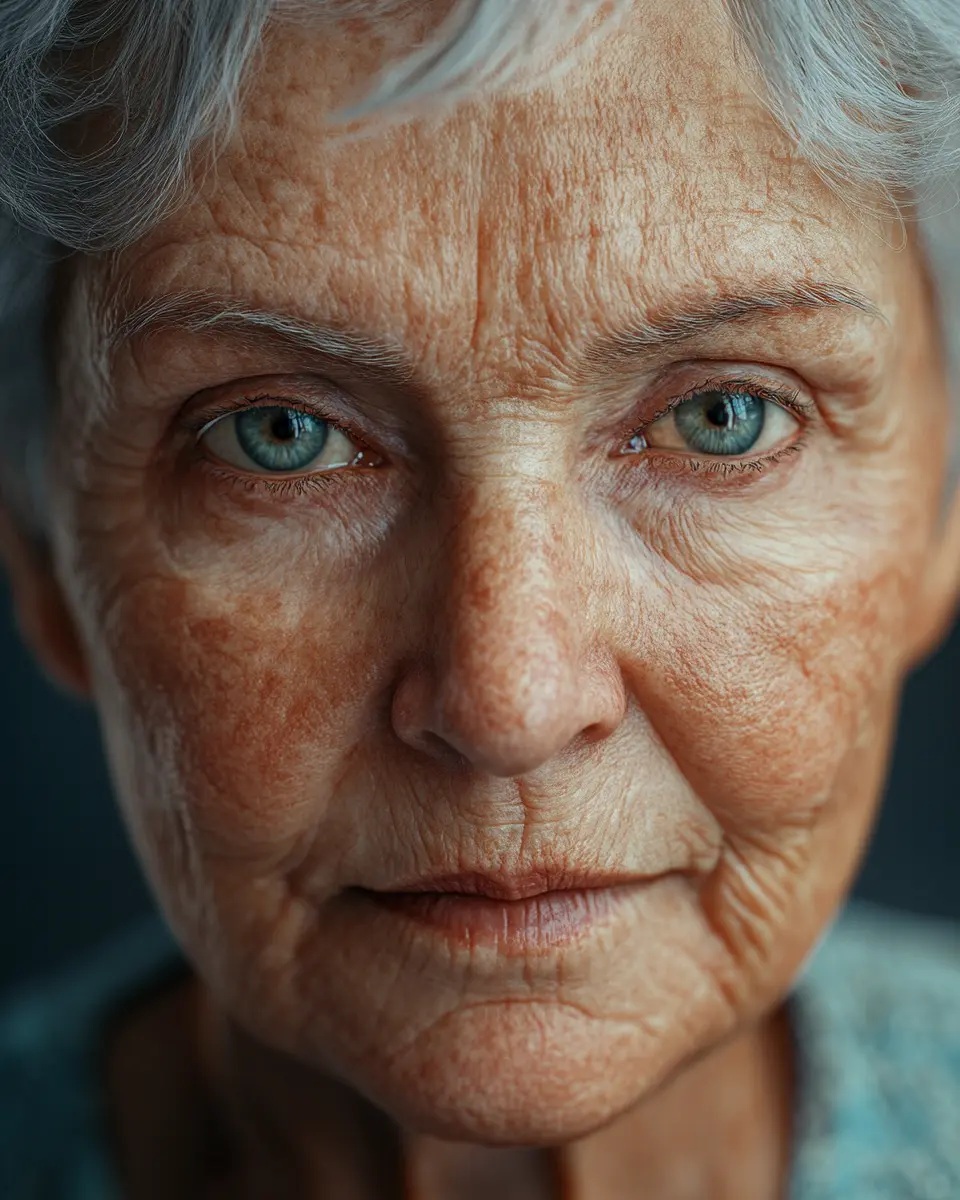
Cognitive exercises and their benefits
Cognitive exercises help stimulate brain activity and maintain neural connections.
They help improve memory, attention, information processing speed, and other cognitive functions.
Types of cognitive exercises:
- Reading: Expands vocabulary, improves concentration and helps to activate different areas of the brain.
- Solving puzzles and crossword puzzles : Develops logical thinking, memory and problem-solving skills.
- Learning new skills: Learning to play a musical instrument, mastering new technologies or learning a foreign language stimulates the brain’s neuroplasticity.
- Board games and cards: Improve strategic thinking and social interaction.
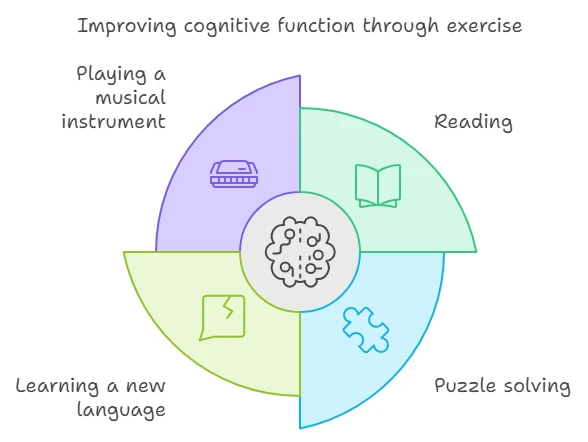
Table 4. Effects of different cognitive activities on brain function
| Class | Cognitive functions | Additional benefits |
|---|---|---|
| Reading | Memory, attention | Increased knowledge, reduced stress |
| Puzzle solving | Logic, spatial reasoning | Increased concentration |
| Learning a new language | Memory, verbal skills | Cultural enrichment, social connections |
| Playing a musical instrument | Coordination, auditory perception | Creative expression |
Research and scientific data
Research supports the importance of cognitive activity in older age:
- A study in the journal Neurology found that older adults who engaged in mindfulness activities had a 29% reduced risk of developing dementia.
- A Harvard Medical School study found that learning new skills improves memory and cognitive function in people over 60.
Social engagement and mental health
Social interaction is closely related to cognitive health.
Socializing with others stimulates the brain and promotes emotional well-being.
- Participate in group activities: Hobby clubs, literary clubs or sports groups.
- Volunteering: Helps you feel useful and broadens your social ties.
- Family activities: Regular meetings with relatives strengthen family ties and support emotional health.
Physical activity and the brain
Exercise not only strengthens the body but also has a positive effect on the brain:
- Improved blood circulation: Increased blood flow to the brain helps to nourish and oxygenate it.
- Production of neurotrophic factors: Physical activity stimulates the production of proteins that support the growth and survival of neurons.
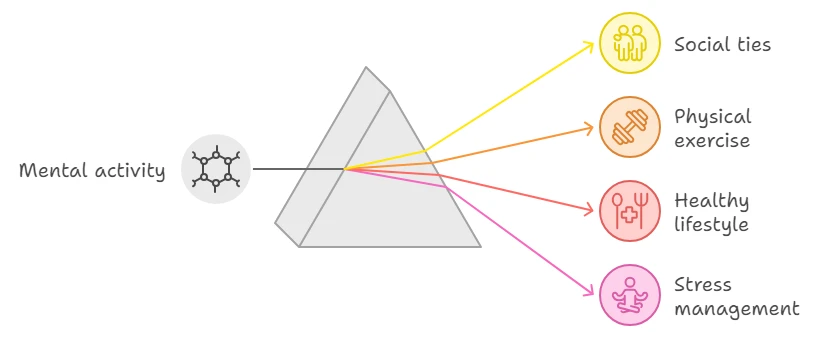
Recommendations for maintaining mental health
- Daily mental activity: Make time for reading, problem solving or studying.
- Social Connections: Keep in regular contact with family and friends.
- Exercise : Exercise regularly in sports suitable for your fitness level.
- Healthy lifestyle: Get enough sleep, eat right and avoid bad habits.
- Stress management: Practice relaxation techniques such as meditation or yoga.
Technology and cognitive health
Today’s technology offers many resources for maintaining mental health:
- Mobile Apps: Brain training programs such as Lumosity or Elevate.
- Online courses: Platforms that provide opportunities to learn new skills and knowledge.
- Virtual communities: Social networking on social networks or forums of interest.
Expert opinion
Dr. Anna Smirnova, neuropsychologist:
“An active lifestyle and constant mental stimulation in old age not only slows down brain aging, but may also promote recovery of some cognitive functions. This is supported by brain neuroplasticity that persists throughout life.”
Practical tips
- Set goals: Start with small tasks, gradually increasing in difficulty.
- Create a schedule: Regularity promotes habit formation.
- Seek like-minded people : Group exercise can be more motivating and enjoyable.
- Evaluate your progress: Keep an achievement diary to see your progress.
Recommendations
- Learning new things: Learning languages, musical instruments.
- Social activities: Participating in clubs, volunteering.
Research
A study published in the journal Neurology, found that older adults who are actively engaged in mental activity are 29% less likely to suffer from dementia.
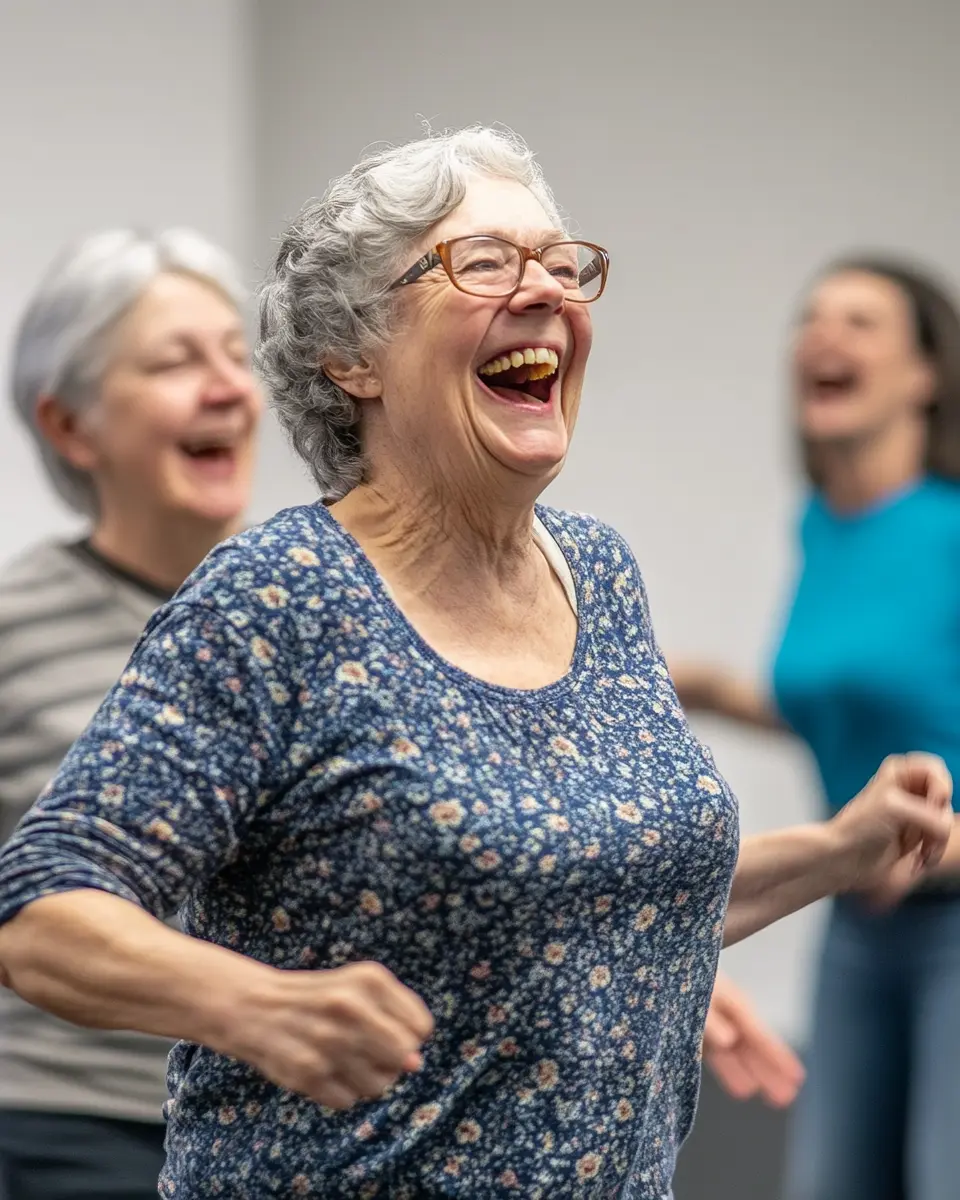
Social activity
The importance of social ties
Social isolation can have a negative impact on mental and physical health.
Active participation in social life improves mood, reduces stress and increases life satisfaction.

Recommendations
- Socializing with family and friends: Regular meetings and socializing.
- Participation in social life: Attendance at events, hobby clubs.
Research
According to a study conducted at Brigham Young University, being socially active can increase life expectancy by 50%.
Conclusion
Healthy aging is a complex process that includes physical activity, balanced nutrition, mental health and social engagement.
Following these recommendations will help to prolong an active and independent life in old age.
Sources
- World Health Organization. (2018). Ageing and health.
- Taylor, D. (2014). Physical activity is medicine for older adults. Postgraduate Medical Journal, 90(1059), 26-32.
- World Health Organization. (2020). Guidelines on physical activity and sedentary behaviour.
- Lee, I. M., et al. (2012). Effect of physical inactivity on major non-communicable diseases worldwide: an analysis of burden of disease and life expectancy. The Lancet, 380(9838), 219-229.
- Erickson, K. I., et al. (2011). Exercise training increases size of hippocampus and improves memory. PNAS, 108(7), 3017-3022.
- Morley, J. E. (2007). Nutrition in the elderly. Current Opinion in Clinical Nutrition & Metabolic Care, 10(1), 24-29.
- Hu, F. B., et al. (2000). Healthy diet and risk of type 2 diabetes mellitus in women. The New England Journal of Medicine, 343(11), 790-797.
- Ball, K., et al. (2002). Effects of cognitive training interventions with older adults. JAMA, 288(18), 2271-2281.
- Wilson, R. S., et al. (2013). Cognitive activity and the cognitive morbidity of Alzheimer disease. Neurology, 81(4), 314-321.
- Holt-Lunstad, J., et al. (2010). Social relationships and mortality risk: a meta-analytic review. PLoS Medicine, 7(7), e1000316.
- Holt-Lunstad, J., Smith, T. B., Layton, J. B. (2010). Social relationships and mortality risk: a meta-analytic review. PLoS Medicine, 7(7), e1000316.


